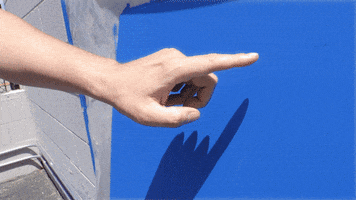Randy Holmes-Farley
Reef Chemist
View Badges
Staff member
Super Moderator
Excellence Award
Expert Contributor
Article Contributor
R2R Research
My Tank Thread
- Joined
- Sep 5, 2014
- Messages
- 67,276
- Reaction score
- 63,631
Randy I just noticed you did an article on refratometers. I just looked at it. I appreciate the amount of effort you put into it, I enjoyed it nice work!
Glad you liked it!
Happy Reefing.
















